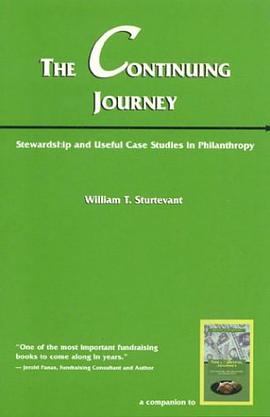

具体描述
Hans Jonas (1903-1993) is one of the most important philosophers of the 20th century. Born in a German Jewish community in the Rhineland, Jonas's mentors included Edmund Husserl, Martin Heidegger, and Rudolf Bultmann. The committed Zionist fled Germany in 1933 for Jerusalem, fought in the British Army against Hitler, and then left Israel for North America in 1949. Much of Jonas's philosophy responds to contemporary historical and political challenges: mass society, totalitarianism, the Holocaust, "nuclearism," environmental devastation (Chernobyl), and, later, the risks of genetic engineering. Wiese's study examines how Jonas's Jewish background influenced his intellectual development. Wiese shows how philosophical ethics and Jewish identity were two inseparable aspects of his thinking, with the fight against Nihilism as the most important link. Drawing on a wealth of unpublished material and exploring momentous encounters with major figures of 20th century life and letters like Gershom Scholem and Hannah Arendt, Wiese demonstrates how Jonas combined religious and philosophical elements in his thought, and offers new insights into the work of this eminent thinker.
作者简介
目录信息
读后感
评分
评分
评分
评分
用户评价
相关图书
本站所有内容均为互联网搜索引擎提供的公开搜索信息,本站不存储任何数据与内容,任何内容与数据均与本站无关,如有需要请联系相关搜索引擎包括但不限于百度,google,bing,sogou 等
© 2026 book.wenda123.org All Rights Reserved. 图书目录大全 版权所有




















